This clay Mycenae Female Figure with raised arms may have served as an object of worship. It was found in the “Mycenae Room with the Fresco Complex” in Ancient Mycena. The “MycenaeRoom” had a ritual use based on its hearth, wall painting, and altar. Other objects found in this “MycenaeRoom” consisted of ivory and pottery. The “Room” became out of use following the catastrophe, which affected the whole area towards the end of the 13th century BC.
This clay Mycenae Female Figure was found in Mycenae, Peloponnese, Greece. In the second millennium BC, Mycenae was one of the major centers of Greek civilization, a military stronghold that dominated much of southern Greece. The period of Greek history from about 1600 BC to about 1100 BC is called Mycenaean about Mycenae. By 1200 BC, the power of Mycenae was declining, and finally, Mycenaean dominance collapsed entirely. The eventual destruction of Mycenae formed part of the general Bronze Age collapse in the Greek mainland and beyond. Within a short time around 1200 BC, all the palace complexes of southern Greece were burned, including that at Mycenae.
Mycenae Room with the Fresco Complex
The discovery of a large wall painting still in position on a wall during the 1968 excavation of Mycenae indicated it was cult room. There was also a low platform or altar measuring some 6 x 4m and had an oval clay platform in the center of the floor, considered to be a ritual hearth. Scattered on the floor were a wide variety of objects of clay, ivory, lead, stone and other materials including:
- the ivory head of a youth
- a finely carved ivory lion
- pottery vessels for cooking and storage
- a lead basin
- an Egyptian faience plaque bearing the name of Amenhotep III
Bronze Age Collapse
The palace economy of the Mycenaean culture that characterized the Late Bronze Age disintegrated, transforming into the small isolated village cultures of the Greek Dark Ages. This period lasted roughly 400 years and ended with the establishment of Archaic Greece. Various theories have been put forward as possible contributors to the collapse, which include:
- Climate change causing crop failures in multiple consecutive years
- Environmental factors such as volcanos and dought
- Ironworking cultures with superior weapons
- Dramatic changes in warfare technology and tactics
The Late Bronze Age collapse extended to the Near East, Asia Minor, Aegean Region, North Africa, Caucasus, Balkans, and the Eastern Mediterranean, which suggests that environmental factors were probably a significant contributing factor.
Mycenae Female Figure
- Artifact: Mycenae Female Figure
- Date: 1250BC – 1180BC
- Find site: Room 32, The room with the Fresco, Ancient Mycenae
- Museum: Archaeological Museum of Mycenae
Explore Greek Museums and Historic Sites
- Athens Museums
- Ancient Corinth Museums
- Delos Museums
- Delphi Museums
- Ancient Mycenae Museums
- Epidaurus Museums
- Heraklion, Crete Museums
- Meteora Museums
- Milos Museums
- Mykonos Museums
- Mystras Museums
- Nafplion Museums
- Olympia Museums
- Pella Museums
- Samos Museums
- Santorini Museums
- Thessaloniki Museums
- Vergina Museums
~~~
“In war, the first casualty is the truth.”
– Agamemnon quote via Aeschylus
~~~
Photo Credit: JOM
Popular this Week
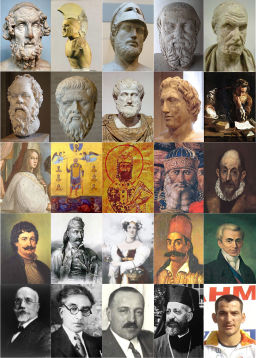

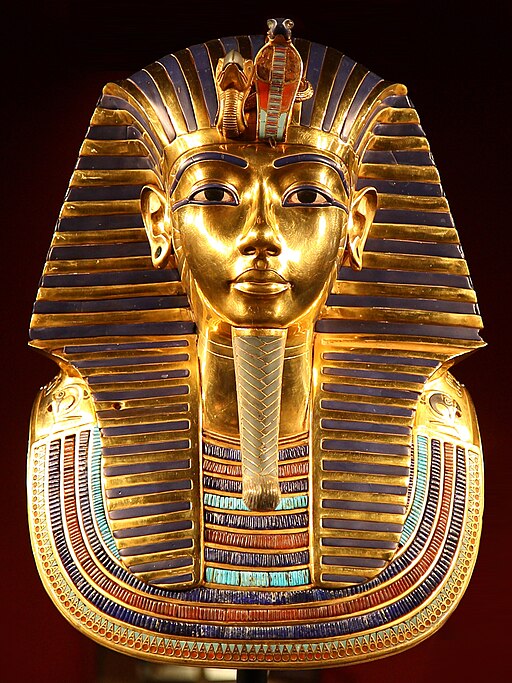
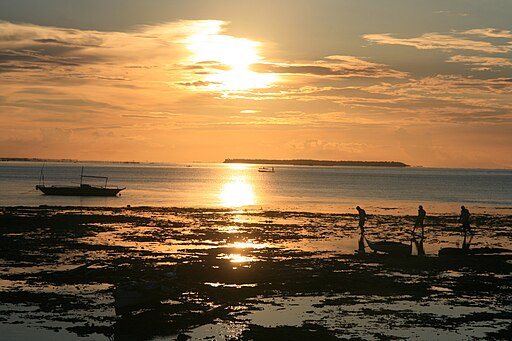
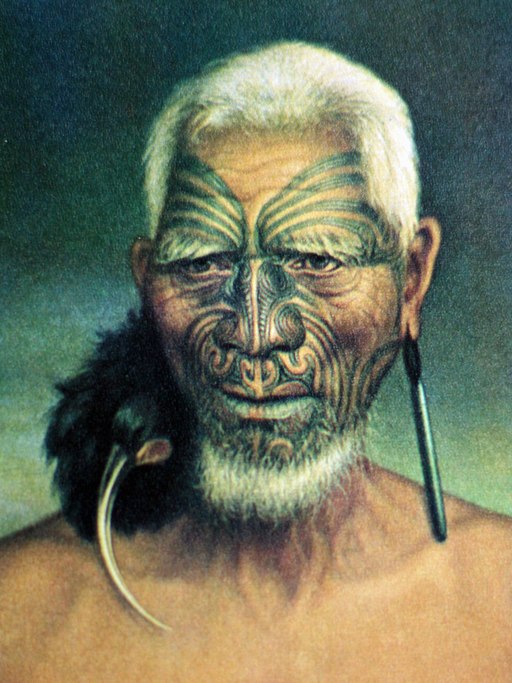

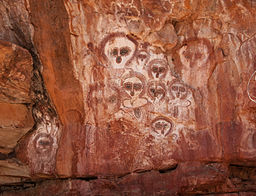

 Sponsor your Favorite Page
Sponsor your Favorite Page SEARCH Search for: Search Follow UsJoin – The JOM Membership Program
Sponsor a Masterpiece with YOUR NAME CHOICE for $5
Share this:
- Tweet
